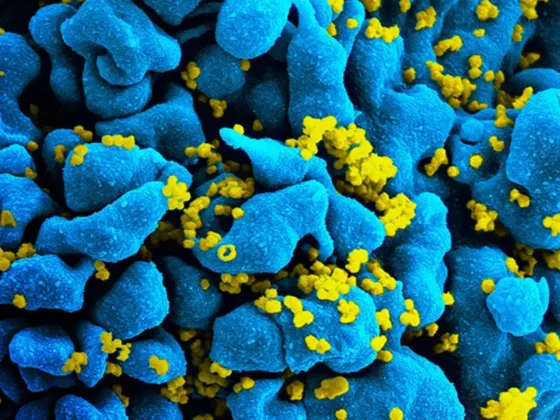A recent study published in The Lancet Infectious Diseases journal found that non-hospitalized Covid-19 patients have a low risk of serious long-term effects, but they report more visits to general practitioners following infection.
“The absolute risk of severe post-acute complications after SARS-CoV-2 infection not requiring hospital admission is low. However, an increase in visits to general practitioners and outpatient hospital visits could indicate Covid-19 sequelae,” the study found.
It was a population-based cohort study using the Danish prescription, patient, and health insurance registries.
NEW COVID-19 research—Non-hospitalised #COVID19 patients have low risk of serious long-term effects, but report more visits to general practitioner following infection. Read the study by Lars Christian Lund et al. in @TheLancetInfDis: https://t.co/6Tv1933h0F. pic.twitter.com/obrDnTwDLq
— The Lancet (@TheLancet) May 10, 2021
However, the World Health Organization today classified the B-1617 variant of the coronavirus that was first identified in India to be a variant of concern at the global level.
COVID-19 Technical Lead at the WHO, Dr. Maria Van Kerkhove, said Monday that the B.1.617 virus variant that was first identified in India had been classified as a variant of interest by the WHO.
The team of WHO and the Epi team has been looking into the discussion with WHO virus evolution working for the group this variant and everything that we know about related to its transmissibility and about the studies that are being conducted in India as well as in other countries where this virus is spreading.









